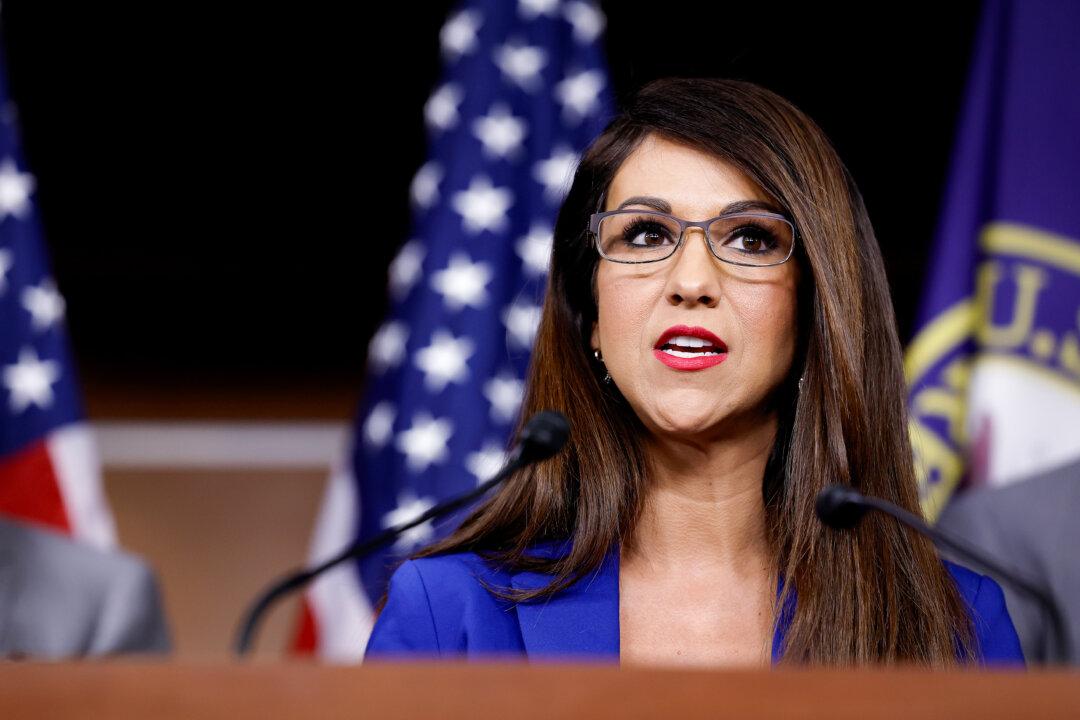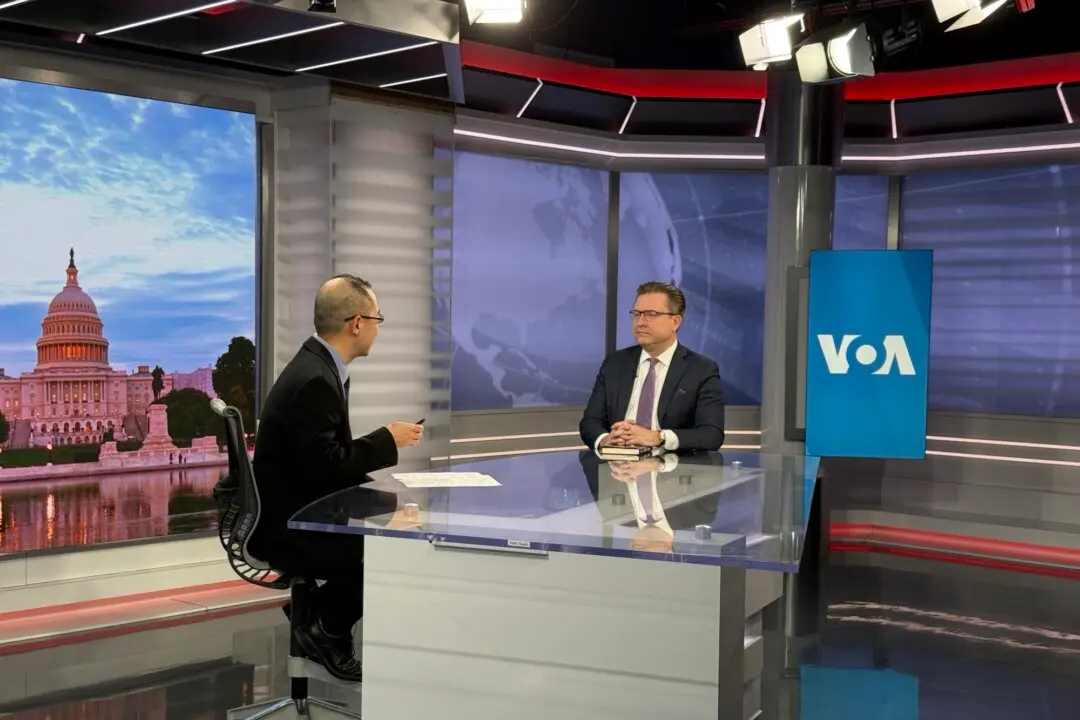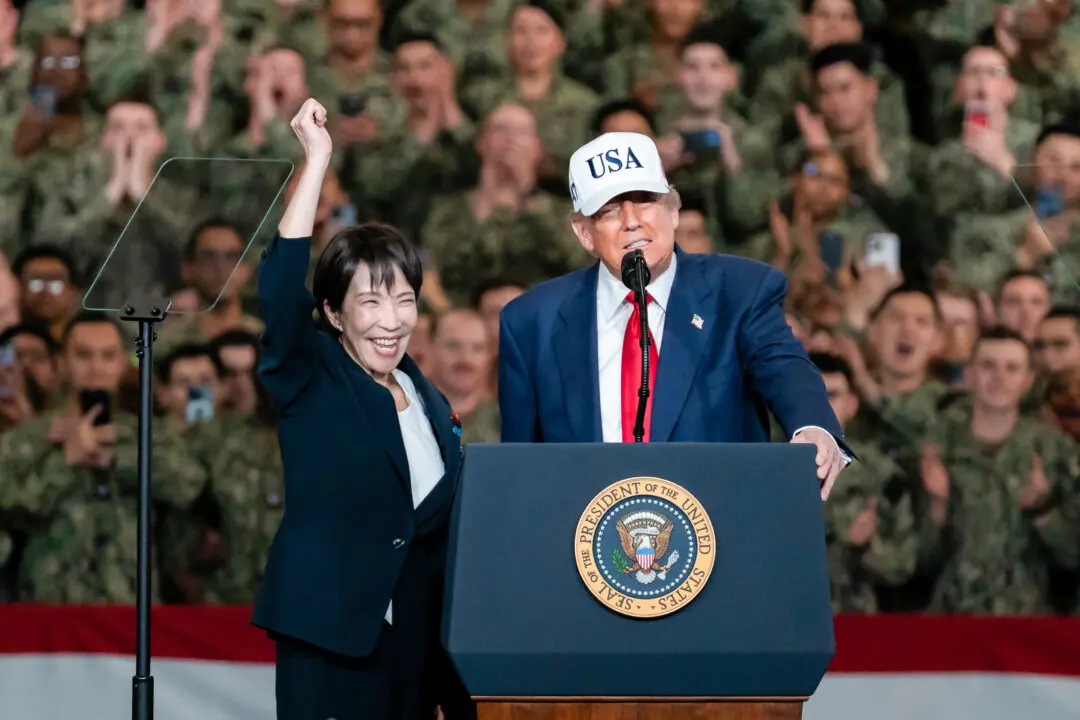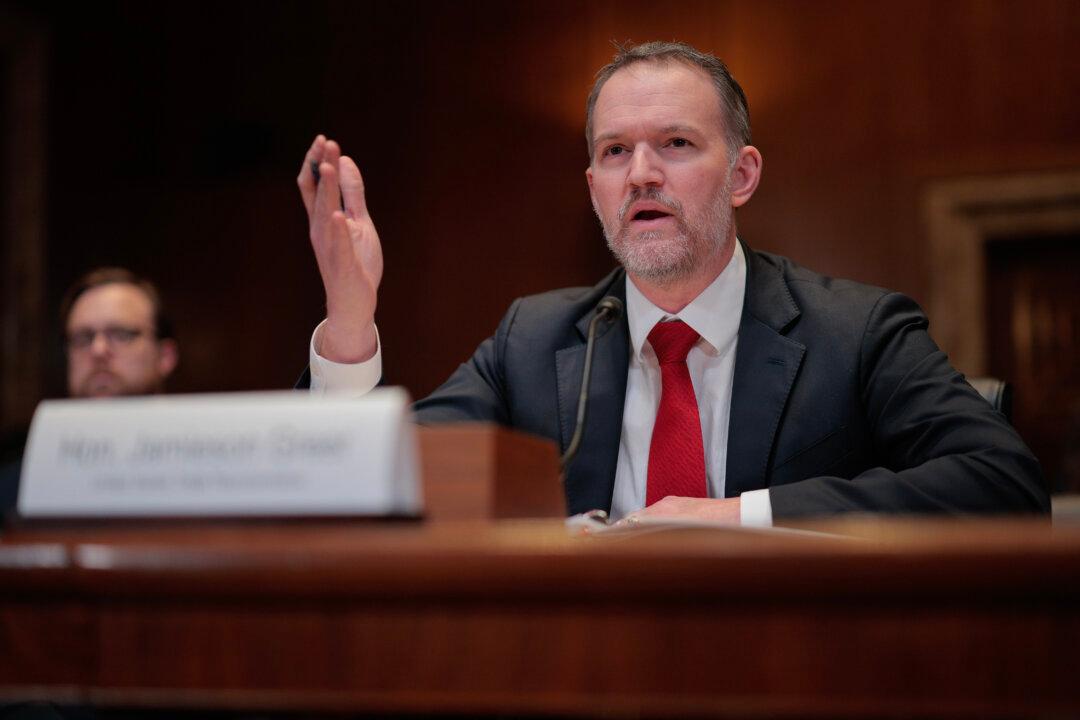Rep. Lauren Boebert (R-Colo.) threatened Colorado Secretary of State Jena Griswold with a recall effort on March 4, shortly after the Supreme Court ruled that states could not disqualify former President Donald Trump as a candidate under Section 3 of the 14th Amendment.
Ms. Griswold expressed “disappointment” at the Supreme Court’s ruling during a MSNBC interview because she believed states had a constitutional right to “bar oathbreaking insurrectionists” from the ballot. She posted a similar statement on X (formerly Twitter) to which Ms. Boebert issued a harsh reply.





